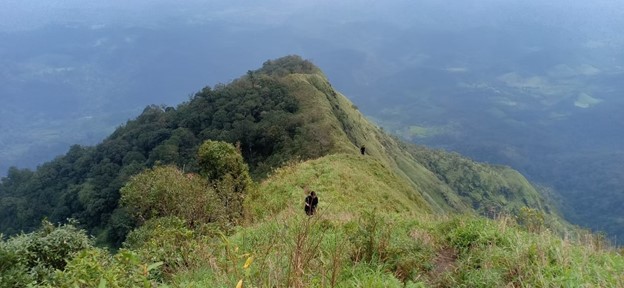
We all now know what sustainable energy means. But what is Sustainable Tourism? The term raises many question marks. Is sustainable tourism camping on the heath, back to basics and expensive? All wrong. The image of sustainable tourism makes people think of the alternative, green corner. unjustly. It is the future and therefore belongs to all of us. There are several definitions of sustainable tourism, but the most commonly used is that of the World Tourism Organization :
“Development which meets the needs of present tourists and hosts while protecting and enhancing opportunities for the future. It is envisaged as leading to management of all resources in such a way that economic, social and aesthetic needs can be fulfilled while maintaining cultural integrity, essential ecological processes, and biological diversity and life support systems.”
The following quote, written by Lyndon Baines Johnson, is written on a sign at the world famous Bryce Canyon National Park:
“If future generations are to remember us more with gratitude than sorrow, we must achieve more than just the miracles of technology. We must also leave them a glimpse of the world as it was created, not just as it looked when we got through with it.”
In summary: sustainable tourism is tourism in harmony with nature & the environment and the local population at the destination. In this way they can reap the benefits of tourism instead of falling victim to its negative consequences. It is a misconception that only small-scale tourism can be sustainable. Sustainable tourism is applicable to all types of holidays, from mass tourism to cultural tourism.
Sustainable development encompasses the three Ps: People Planet Profit. Care for nature and the environment, socio-cultural aspects and good working conditions can be applied within every business sector, including tourism.
This new form of tourism is a necessity in order to steer tourism in the right direction and to preserve nature and culture. You can read here what the effects of tourism can be.
